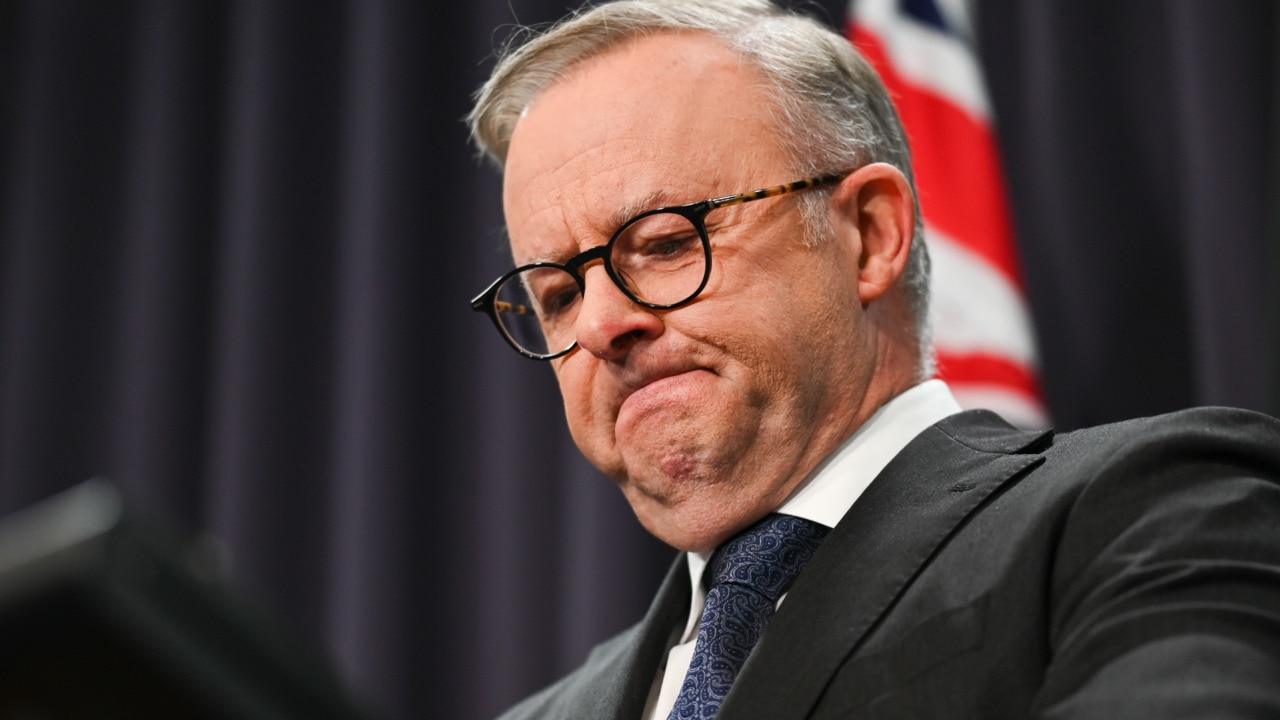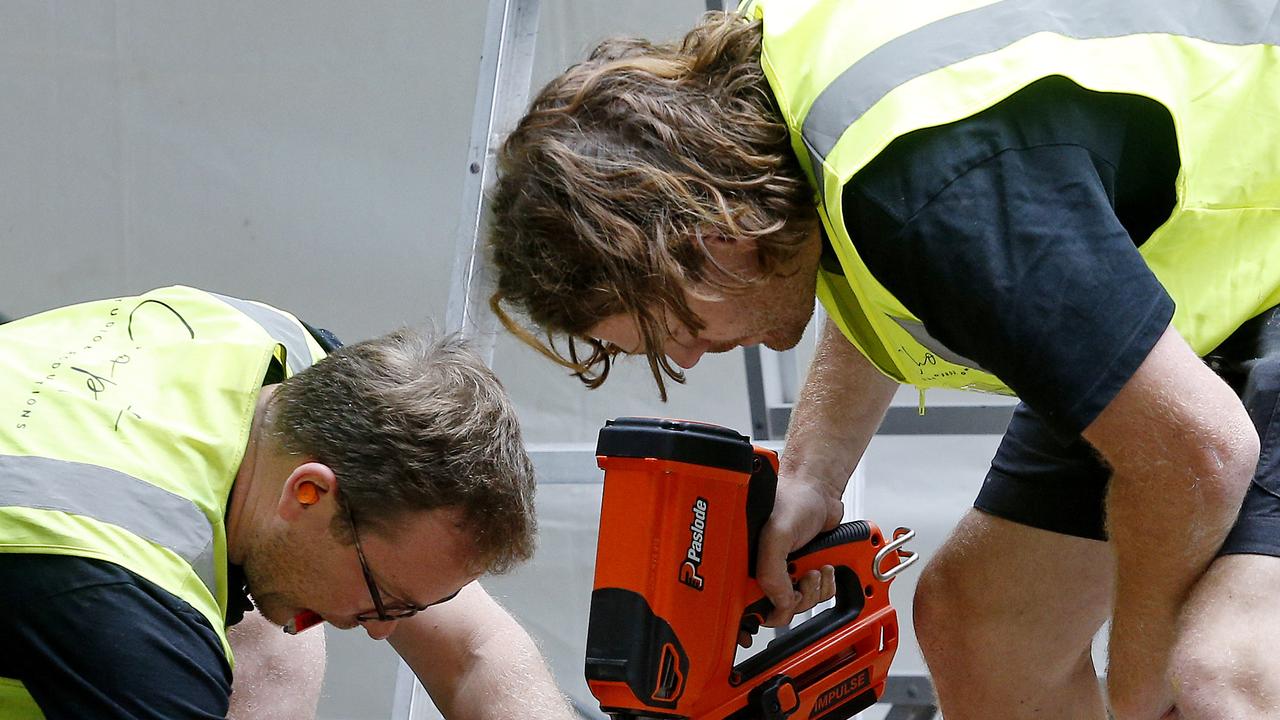Aussie pay rises tipped to be less than inflation in 2025
The country’s cost-of-living crisis isn’t fading anytime soon, and employees are set to fall further behind in 2025.

At Work
Don't miss out on the headlines from At Work. Followed categories will be added to My News.
Aussies are bracing for weak pay growth, excessive work loads and increased stress in the workplace over the next 12 months.
Data collated by the Australian HR Institute (AHRI) shows employees are expecting pay rises of 2.7 per cent for the year to October 2025.
This is compared with the consumer price index (CPI) showing headline inflation at 2.8 per cent and underlying inflation – when the volatile parts are stripped out – at 3.4 per cent.
This means in real terms, employees are expecting to go backwards when it comes to their purchasing power over the next 12 months.

“With CPI inflation at 2.8 per cent in the 12 months to September, many employers will not be offering inflation-matching pay increases to workers who continue to be weighed down by rising living costs and high levels of debt,” AHRI chief executive Sarah McCann-Bartlett.
Low wage growth is tipped at a time when living costs remain elevated, with the Australian Bureau of Statistics “selected living cost index” showing to what extent households are paying.
The data, which was released on Wednesday and is a measure of living expenses for “select household types” shows costs are up 4.7 per cent in the 12 months to September 2024.

While the consumer price index (CPI) is the most comprehensive measure of goods and services price inflation faced by all households, the selected living cost indexes (SLCIs) are designed to measure changes in living costs for selected population subgroups.
Those with a mortgage is the subgroup that is most impacted by cost-of-living pressures.
“Employee households continued to experience higher living cost increases than other households because they are more impacted by rises in mortgage interest charges,” ABS head of prices statistics Michelle Marquardt said.

“While the Reserve Bank of Australia’s cash rate remained unchanged this quarter, mortgage interest charges still rose due to the continued rollover of some expired fixed-rate mortgages to higher variable rate mortgages and higher mortgage debt levels.”
Ms McCann-Bartlett said the wage intentions data added to further evidence that the surge in wage growth over the past couple of years might have peaked.
“This may help ease concerns around the gap between low productivity and relatively strong wage growth, which has been of concern to both employers and policymakers,” McCann-Bartlett said.
The report also found 47 per cent of organisations intend to increase staff levels in the December quarter compared with 3 per cent that anticipate reducing their headcount.
At the same time, businesses are struggling to hold onto staff. The turnover rate for the 12 months up to the end of September 2024 was 16 per cent, up 1 per cent from the previous quarter, indicating ongoing challenges in retaining talent despite a softening labour market.
This could be due to the disconnect between employers and employees on how they manage staff.
AHRI said 80 per cent of businesses say they are at least somewhat effective at managing issues, yet, in the 12 months to September 2024, 38 per cent of employers reported that these claims and complaints had increased, while 13 per cent said they had decreased compared with last year.
Ms McCann-Bartlett also advised that organisations concerned about psychosocial safety and high employee turnover should consider investing more in people management and training.
“Only 28 per cent of employers said they invest in leadership and management capability to improve psychosocial safety,” she said.
“This suggests that there is ample scope for Australian workplaces to improve in this area given the main factors behind the rising psychosocial claims reported in this survey are all connected with the quality of people management.”
Originally published as Aussie pay rises tipped to be less than inflation in 2025


